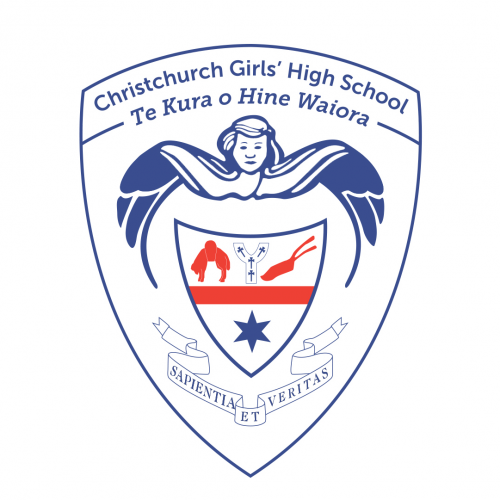
Curriculum Handbook - Introduction
This booklet describes all the subjects that ākonga can anticipate during the course of study they will enjoy at secondary school.
The purpose of this handbook is to help you make the best subject choices to meet your particular needs. You need to study the options available very closely and fully discuss these with your parents and teachers and the school's guidance staff if necessary.
Help is available from....
• your parents
• your current subject teachers and/or Head of Learning Area or Department
• your Ako Teacher
• your Dean
•Careers
Course details and/or costs may be subject to change.
Students will be asked to choose their course in August 2025 and the timetable will be designed to accommodate as many of the subject combinations as possible. If the number selecting a course is uneconomic or if the timetable cannot be constructed to allow a particular combination of subjects, ākonga will be informed of the fact before the close of the school year and an alternative combination will be sought from them. Ākonga who change their minds about the course combination they select must realise that entry to a particular class cannot be guaranteed after the timetable has been constructed.
NO request for a change will be considered after the end of the current year.
Please note that entry into a subject at the next level will be decided by the HOLA and will be reliant on the satisfactory completion of the current year's course and/or a minimal level of achievement.
NATIONAL CERTIFICATE OF EDUCATIONAL ACHIEVEMENT
What is it?
This qualification is available for Year 11, 12 and 13 students.
Achievement and Unit Standards
Each subject has been divided into areas of the curriculum. These areas have been called Achievement or Unit Standards. Each Achievement or Unit Standard is worth a number of credits. A maximum number of 15 credits will be offered in all Level 1 subjects and up to 20 in most subjects at Level 2 and 3. Achievement Standards and all Unit Standards will either be assessed internally within the school or will be assessed by a written examination at the end of the year or by a portfolio (Visual Art, Graphics).
For example: English has 11 Achievement Standards available and courses may have different combinations:
Your work will be assessed against a national standard for that skill area. For Achievement Standards you can gain: Excellence, Merit, Achieved.
If your work does not meet the minimum national standard, you will gain Not Achieved for that Achievement Standard. For Unit Standards you will gain Achieved or Not Achieved for the standard.
Awarding of an overall National Certificate
During the year you will be working towards gaining credits in each of your subjects, either internally or externally in the end of year examinations.
Once all of your work has been marked, NZQA will look at your results across all of your subjects to see if you have qualified for the award of a National Certificate at Level 1 (Year 11), Level 2 (Year 12) or Level 3 (Year 13).
NCEA Levels 1 - 3 Certificate Endorsement
To encourage students to strive to produce work of a high quality and to recognise high achievement when it occurs, NCEA certificates will be endorsed with Merit or Excellence when the following criteria are met.
Endorsement with Merit at Level 2 and 3
50 credits at Merit or Excellence will be required at the same level, or higher, as the certificate being awarded.
Endorsement with Excellence at Level 2 and 3
50 credits at Excellence will be required at the same level, or higher, as the certificate being awarded.
Note:
Students will be able to gain an endorsement over more than one year.
Retrospective endorsements will also be available for students currently at secondary school.
For the most part, unit standards credits are ineligible as these do not gain Merit or Excellence grades.
Course Endorsement at Level 2 and 3
Course endorsement will provide recognition for students who perform exceptionally well in individual courses. Students will be able to have their strengths in individual courses recognised with a course endorsement at Merit or Excellence.
Students will gain an endorsement for a course where they achieve:
14 or more credits at Merit or Excellence at the lower level that supports the endorsement
At least 3 credits from externally assessed standards and 3 credits from internally assessed standards
Sufficient credits in a single school year.
Note: Physical Education and Level 3 Visual Arts will be exempt from (2) and above.
